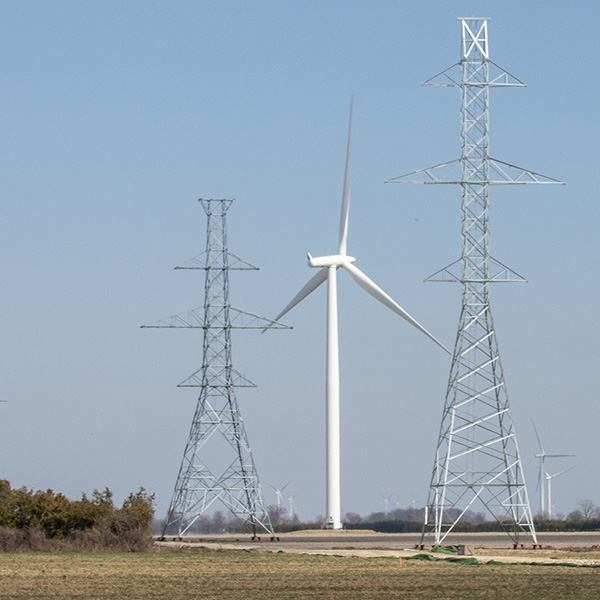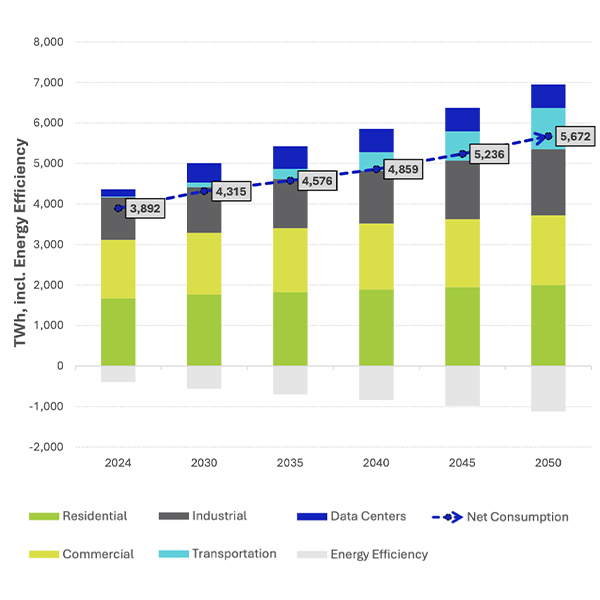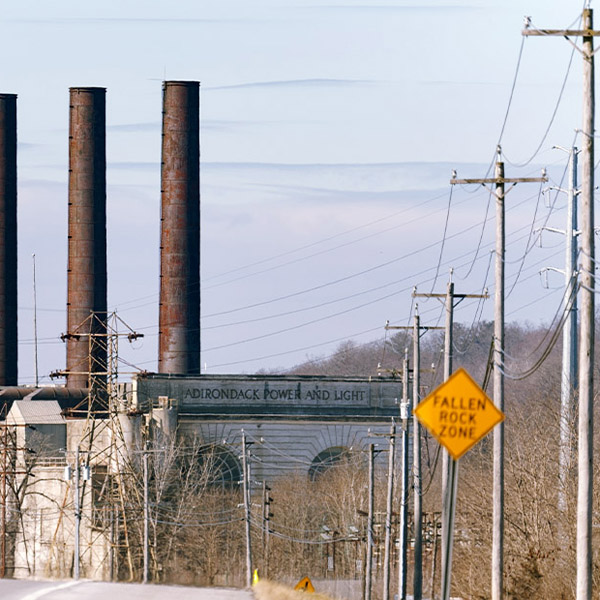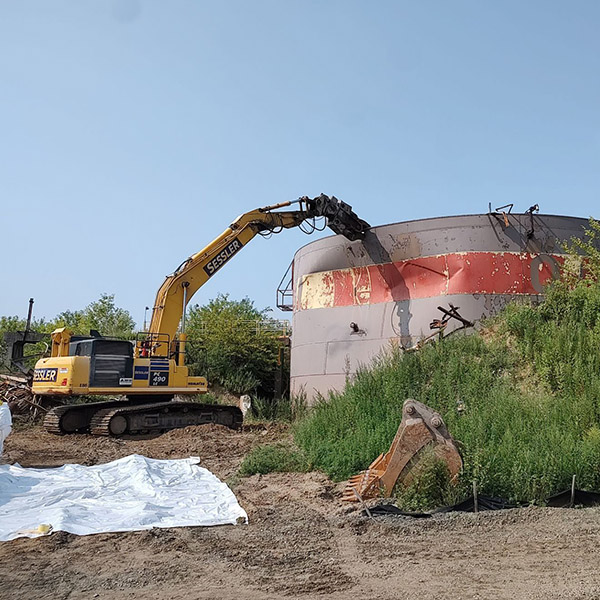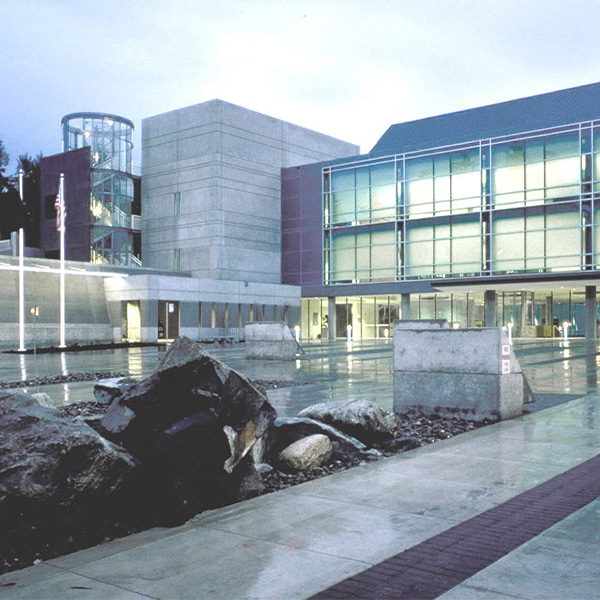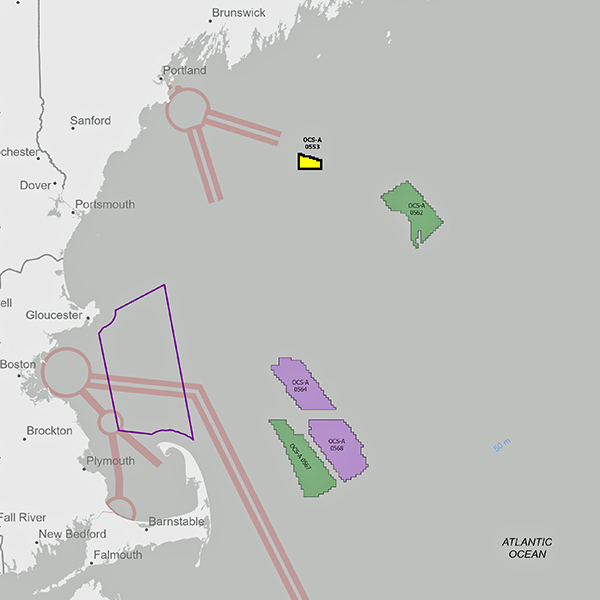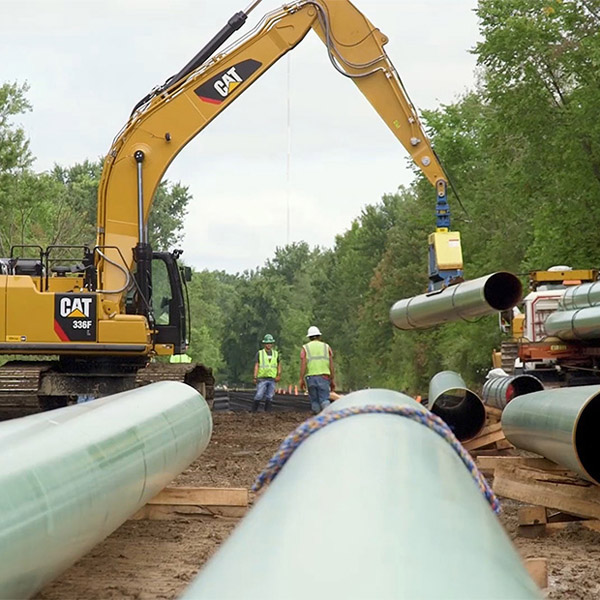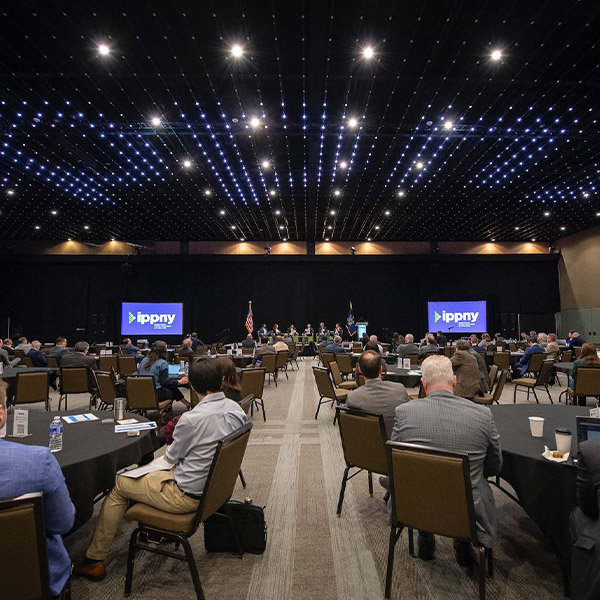NetZero Insider
Agriculture & Land UseBuilding DecarbonizationCookingEnergy EfficiencySpace HeatingWater HeatingCommentary & Special ReportsConference coverageCompany NewsEquity & EconomicsEmployment & Economic ImpactEnvironmental & Social JusticeFederal PolicyCongressDepartment of EnergyLoan Programs Office (LPO)Department of TransportationEnvironmental Protection AgencyFederal Energy Regulatory CommissionGeneral Services Administration (GSA)Interior DepartmentBureau of Land ManagementBureau of Ocean Energy ManagementNuclear Regulatory CommissionTreasury DepartmentWhite HouseGeneration & FuelsBioenergyFossil FuelsCoalNatural GasGeothermalHydrogenNuclearSMRRenewable PowerCommunity solarHydropowerOffshore Wind PowerOnshore Wind PowerSolar PowerRooftop solarUtility scale solarImpact & AdaptationIndustrial DecarbonizationState and Local PolicyAlabamaArizonaCaliforniaCA LegislationCalifornia Air Resources Board (CARB)California Energy Commission (CEC)California Public Utilities Commission (CPUC)ColoradoConnecticutDelawareDistrict of ColumbiaFloridaGeorgiaHawaiiIdahoIllinoisIndianaKentuckyLouisianaMaineMarylandMassachusettsMichiganMinnesotaMississippiMissouriMontanaNevadaNew HampshireNew JerseyNew MexicoNew YorkNYSERDAPublic Service CommissionNorth CarolinaNorth DakotaOhioOntarioOregonPennsylvaniaRhode IslandSouth CarolinaTennesseeTexasUtahVermontVirginiaWashingtonWest VirginiaWisconsinWyomingTechnologyCarbon CaptureTransmission & DistributionEnergy StorageMicrogridsTransportation DecarbonizationAirplane DecarbonizationEV chargersHeavy-duty vehiclesBattery Electric Buses (BEB)Fuel Cell Electric Buses (FCEB)Light-duty vehiclesBattery Electric VehiclesFuel Cell VehiclesPlug-in hybrid electric vehiclesShip electrificationClean Ports
New Jersey lawmakers pushed back on the state’s all-electricity, clean-energy strategy at a heated committee hearing, urging an all-the-above approach as PJM faced criticism for failing to foresee a dramatic hike in demand.
The report, a requirement of California Senate Bill 605, evaluated two forms of ocean energy: wave and tidal energy.
Electrical manufacturer trade group NEMA was the latest to release a forecast of electricity demand growth, which shows data centers dominating in the first decade plus, but EVs making up the most from the late 2030s onward.
New York issued the first iteration of a plan to move the state toward greater use of flexible resources to meet future power needs while preserving reliability and affordability.
The New York Power Authority plans to buy a New York City site where a power plant once stood and reuse it for clean energy infrastructure.
Dominion Energy Virginia asked for its first base rate increase since 1992 in the face of inflation and load growth in its territory.
Washington state has relaunched rulemaking that will pave the way for linking the state’s cap-and-trade program with the already-linked programs of California and Quebec.
The Maine PUC granted the request of Pine Tree Offshore Wind to suspend talks on a contract to support construction of a research project with up to 12 turbines with a capacity of up to 144 MW.
The D.C. Circuit rejected an appeal of FERC's approval of two pipelines in Louisiana tied to a planned LNG site.
NYISO stakeholders heard about the tension between public policy pushes for zero-emission generation, the aging grid, increasing customer costs and concerns about winter peaking.
Want more? Advanced Search
